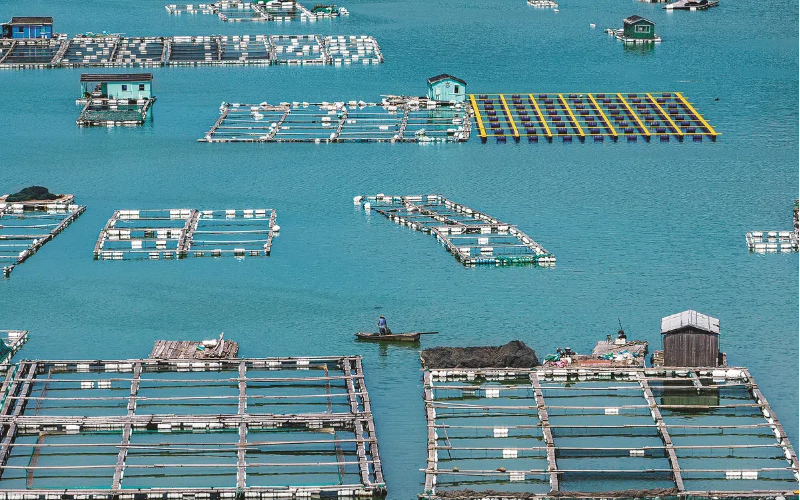Ningbo Maritime Court plans expansion
A dispute resolution center of Ningbo Maritime Court in Zhejiang province will expand its legal services in more areas across the city, in an effort to solve relevant cases more efficiently and better advance high-level opening-up.
Du Qian, president of the court, revealed the expansion at a news conference on Thursday, emphasizing the significant role of the center in maritime case handling in the past year.
In July 2023, the court set up the center, inviting a number of experts from the industries of port logistics, finance and insurance to serve as mediators. At the center, the method of resolution — whether through mediation, arbitration or litigation — depending on the litigants.
So far, the center has tackled 319 maritime disputes, of which 192 were ended with mediation, according to Du.
After seeing the achievement, "we're planning to expand the dispute resolution center to the city's foreign-related legal affairs cluster to attract more international shipping organizations to join us and tackle maritime disputes together," Du said.
The cluster, located in the Ningbo International Shipping Service Center, is dominated by shipping enterprises, as well as financial and legal institutions.
"We're improving the quality of legal services provided by our resolution center so that litigants from home and abroad can seek more convenient and reliable channels to settle their maritime disputes," Du said.
Meanwhile, the court is also to apply more technologies in the handling of maritime cases, and increase cooperation with financial institutions, such as the provincial council for the promotion of international trade, to jointly serve the high-level opening-up, she added.
The Ningbo Maritime Court, as a specialized court for hearing first-instance maritime and commercial disputes in Zhejiang, has coped with an average of around 4,000 cases a year over the past few years, ranking among the top in China's 11 maritime courts.
In 2023, the number of maritime cases involving litigants from foreign countries, the Hong Kong and Macao special administrative regions and Taiwan handled by the Ningbo court increased 36 percent year-on-year.





 play
play